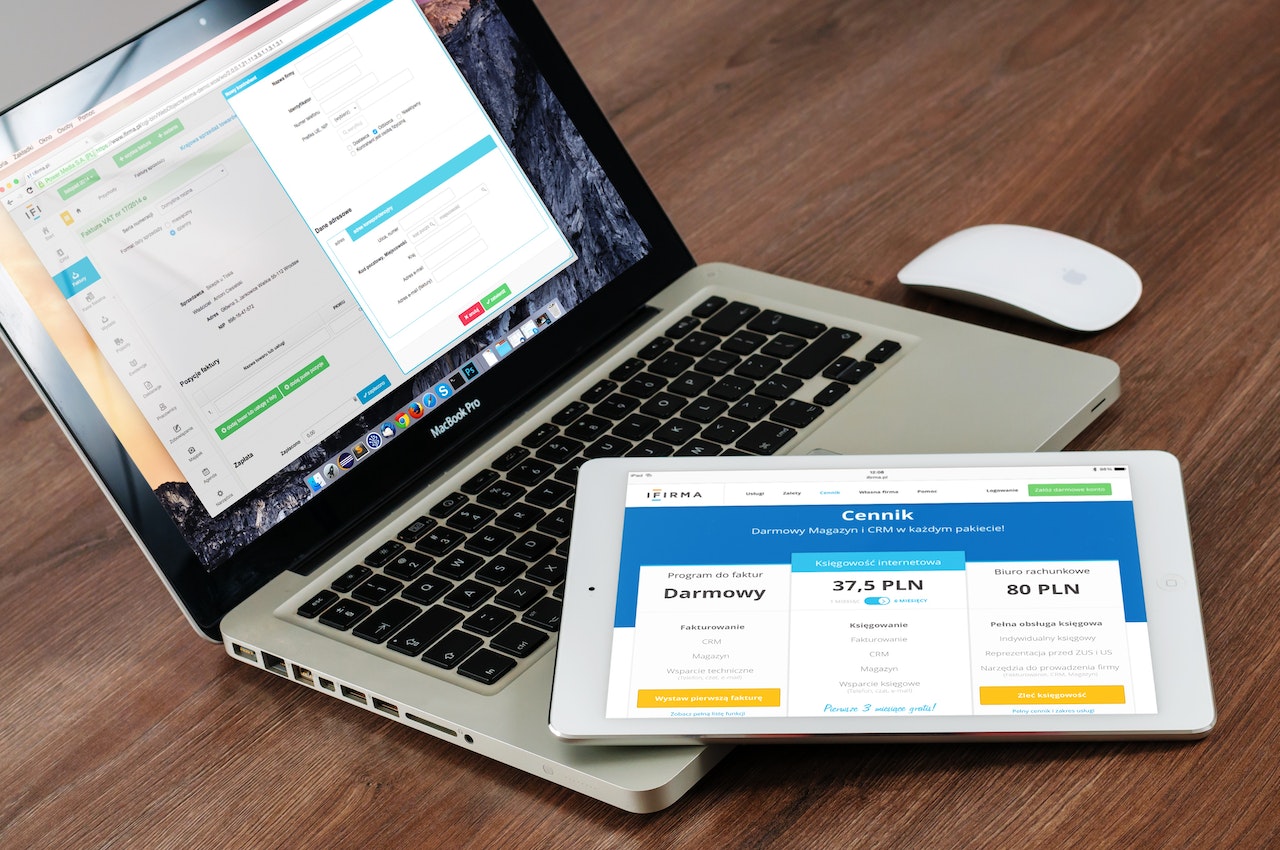In today's competitive business world, effective customer relationship management (CRM) has become critical to the success of any business, regardless of size or industry. From the perspective of a marketing firm that sells CRM solutions, we will explore why CRM is essential for all businesses and how it can make a difference in the way you manage your customer relationships.

CRM as a driver of business growth
In today's business world, where competition is fierce and customers are more demanding than ever, CRM has become an essential tool for driving business growth and success. Why should you consider using a CRM, even if you're a small or medium-sized business? Here are a few key reasons:
1. Centralized data management
One of the most prominent benefits of a CRM is its ability to centralize and organize your customer information. Imagine having instant access to each customer's history, past interactions and preferences. This allows you to offer a more personalized and efficient service.
2. Process Automation
Modern CRMs offer advanced automation capabilities that can simplify repetitive tasks and save time. This includes sending automated follow-up emails, scheduling follow-up reminders and managing workflows.
3. Improved internal communication
An effective CRM not only benefits customer relationships, but also improves internal communication. Sales, marketing and customer service teams can access the same up-to-date information, facilitating collaboration and informed decision making.
4. Data analytics
Data analysis is essential in the world of marketing and sales. A CRM collects and presents valuable data on customer behavior, market trends and the performance of your strategies. This allows you to continuously adjust and improve your actions.
Can a CRM benefit any company?
Now that we've highlighted some of the general advantages of using a CRM, it's important to address the key question: can a CRM benefit any business, regardless of size or industry? The answer is yes, and here's why:
1. Small and medium-sized businesses.
Smaller companies often benefit greatly from implementing a CRM. These companies often have smaller teams and limited resources, so automation and efficient customer relationship management are essential. A CRM can help small and medium-sized businesses compete on a level playing field with larger companies by improving customer service and operational efficiency.
2. Large Enterprises
Large enterprises can also take full advantage of a CRM by effectively managing a massive and complex customer base. The ability to personalize customer interactions and maintain accurate records is essential in a large business environment. In addition, a CRM can provide valuable information for strategic decision making and big data analysis.
3. Diverse industries
CRM is not limited to any particular industry. Whether you are a technology company, a retailer, a professional services firm or a non-profit organization, a CRM can be tailored to your specific needs. CRM solutions are often highly customizable and can be tailored to a variety of use cases and business processes.
4. Any stage of growth
Whether your company is in the start-up, growth or consolidation phase, a CRM can be a valuable investment. It can adapt to your changing needs as your company evolves and expands its operations.
How do you choose the right CRM for your business?
Now that we've established that a CRM can be beneficial to virtually any business, it's important to know how to choose the right one. Here are some tips to consider when selecting a CRM solution:
1. Define your goals and needs
Before selecting a CRM, it is crucial to understand your business objectives and the specific needs of your company. What problems do you want to solve with a CRM? What processes do you want to automate? This will help you identify the key features you need in a CRM solution.
2. Consider scalability
As your business grows, it's important that your CRM can grow with you. Make sure the solution you choose is scalable and can adapt to your future needs.
3. Research options
There are many CRM solutions on the market, and it's important to research and compare different options. Check reviews, talk to other business owners and ask for demos before making a decision.
4. Training and support
Make sure the CRM solution you choose offers adequate training and reliable support. Good training facilitates adoption by your team and ensures that you can get the most out of the tool.
5. Customization
Every company has unique processes and needs. Look for a CRM solution that allows you to customize it to fit your specific workflows and requirements.
From the perspective of a marketing company that sells CRM solutions, we can confidently state that a CRM is essential for all businesses, regardless of size or industry. Effective customer relationship management is a key factor in driving business growth and success in today's digital age. By understanding your objectives and needs, researching your options, and choosing a CRM solution that fits your business, you'll be taking an important step toward strengthening your customer relationships and achieving your business goals. So, should you use a CRM? The answer is clear: yes, and the sooner you do, the better positioned you will be for the future.





